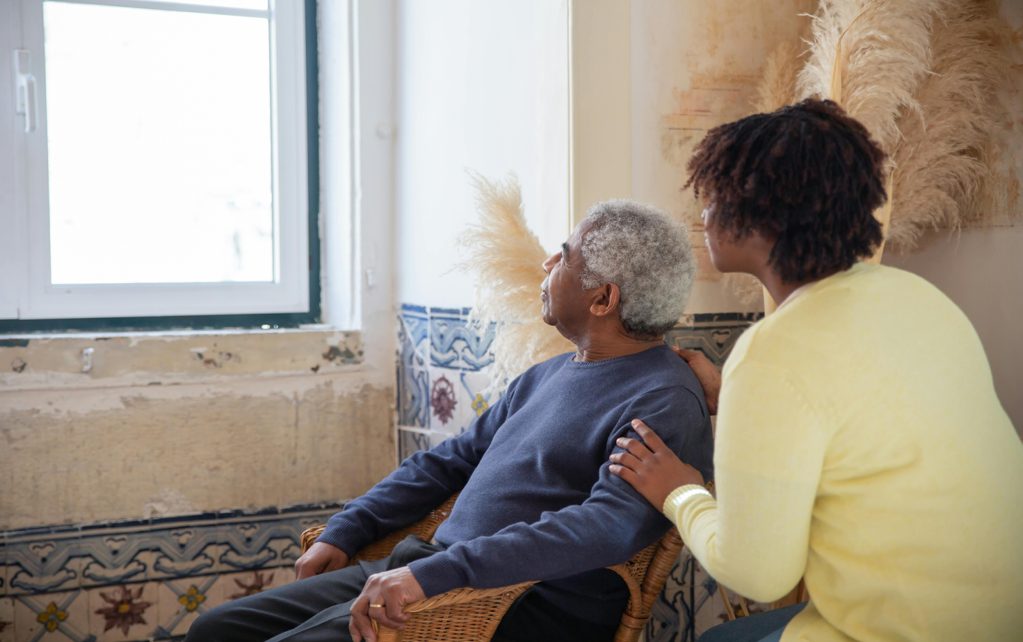
@ShahidNShah


Aged care is facing a shift. More older adults are living longer with a mix of health and daily needs that require a fresh approach. Traditional care models often miss the mark when providing full support in a changing world. It has become clear that health services alone are not enough to keep up with the modern demands of aged care. That’s where integrated support comes in.
Integrated support brings together care that covers medical needs, day-to-day living, and emotional well-being. This joined-up approach already shows better outcomes for older adults and those who support them.
The way aged care is evolving offers a clearer picture of what approaches truly work. The sections below explain how different system parts come together to offer better care. Each one highlights fundamental ways older adults benefit from a more connected model.
Meeting each person’s unique needs is now central to aged care planning. Care designed around the individual often leads to better outcomes and a greater sense of comfort. This means listening closely and responding to daily habits, preferences, and personal history.
Care staff build stronger relationships through consistent contact and personalized routines. Familiar faces and regular schedules reduce confusion and help create a sense of safety, especially for those with memory issues. The result is care that feels more human and less clinical.
Attention to detail is also part of personal care. For instance, clean and appropriate aged care linen plays a small but vital role in maintaining hygiene and skin health. It supports infection control and brings a sense of dignity to everyday routines, showing that comfort matters in every part of care.
More facilities now include support for emotional and social well-being. This can mean offering quiet spaces, regular check-ins, and leisure options that suit the person’s interests. Older adults are more likely to stay engaged and participate in their care when they feel seen and respected.
More care is being brought directly into homes where people feel most comfortable. Healthcare professionals now work closely with families and community services to deliver consistent, reliable support in these familiar settings. Regular home visits allow earlier detection of problems and reduce unnecessary hospital trips.
Making healthcare work in the home setting also requires effective coordination and proactive planning. Carers help manage medications, monitor symptoms, and provide hands-on assistance with mobility, hygiene, and meals. This support helps older adults maintain daily routines without feeling like they’ve lost control.
In-home care has become more efficient thanks to advancing technology. Monitoring devices track blood pressure or blood sugar levels in real-time, alerting nurses or doctors if anything looks off. With this added layer of oversight, people can stay safe while remaining independent longer.
Family members also play a key role. They are more involved than ever before and receive guidance on managing care at home. When professionals and loved ones share information and goals, the overall support quality improves significantly.
Combining technology with a team-based approach is shaping the future of aged care. Thanks to shared digital records, communication between nurses, doctors, social workers, and care aides is faster and more accurate. This helps everyone stay informed and make better decisions together.
One benefit of this teamwork is fewer care delays. Teams can respond more quickly when changes are noted, whether it’s a new symptom or a shift in mood. That means older adults get the right help sooner, which often prevents larger issues down the line.
Technology also supports better access. Telehealth appointments allow people to speak with specialists from home, avoiding stressful travel. It’s a practical solution for those who have trouble moving around or live far from clinics.
Care providers now collaborate across sectors, with public health services, aged care agencies, and community groups uniting to support each client. This joined-up approach ensures no part of a person’s health is overlooked.
Keeping older adults active and included is just as important as medical care. Community services help people participate in life by offering practical and social help. This includes transport, home-delivered meals, and local activities tailored for seniors.
The goal is to give people control over their own lives. When individuals can choose how they spend their time and get the support they need, they feel more confident. Maintaining even a small amount of independence can improve mental and physical health.
Community programmes also fight isolation, a common and serious risk among older people. Simple opportunities to chat, exercise, or participate in hobbies make a big difference. These connections often give people a reason to look forward to each day.
Many services are flexible, adjusting to changing needs without removing a person’s sense of choice. Older adults are treated as partners in their care, not just recipients. That mindset helps build stronger, lasting support systems around them.
Aged care is moving in a better direction. Care becomes more personal and practical when services work together and truly listen to the people they help. Older adults deserve support that fits their lives, not just their health needs. With these changes, aging can be embraced rather than feared.

Did you know that remote patient monitoring (RPM)can reduce hospital readmission rates by up to 38%? That is how powerful artificial intelligence (AI) is for modern healthcare. Artificial …
Posted Jun 16, 2025 Artificial Intelligence Remote Patient Monitoring
Connecting innovation decision makers to authoritative information, institutions, people and insights.
Medigy accurately delivers healthcare and technology information, news and insight from around the world.
Medigy surfaces the world's best crowdsourced health tech offerings with social interactions and peer reviews.
© 2026 Netspective Foundation, Inc. All Rights Reserved.
Built on Mar 3, 2026 at 1:11pm